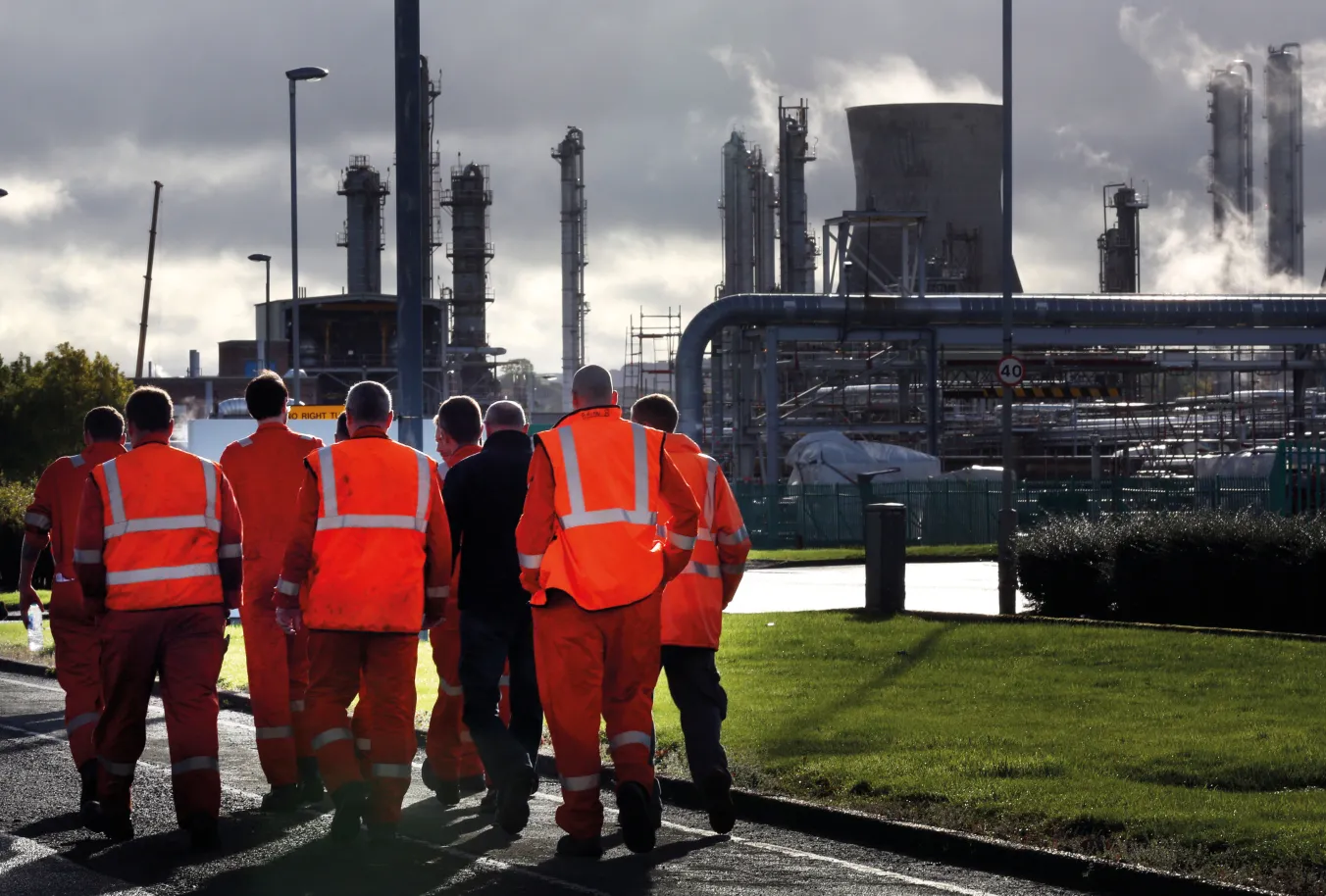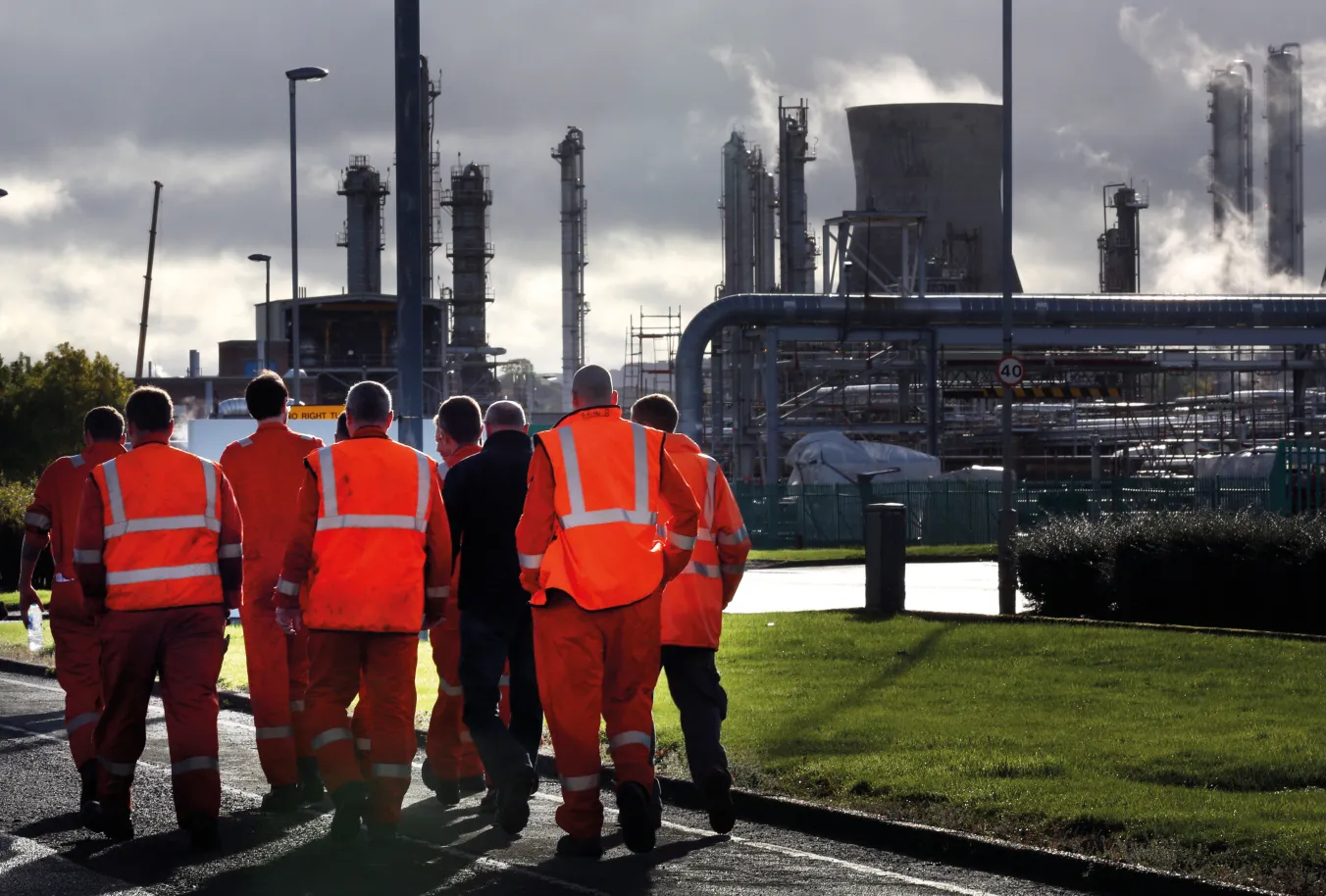
POLICY is as much about what governments ignore, refuse to do, or fail to do as what they actually achieve. Nowhere is that as clear as in the case of the Grangemouth oil refinery and how deindustrialisation has historically been handled in Britain.
As most people are aware, towns (and eventually communities) were built around the industrial work that was brought to cities, so as deindustrialisation occurred in Scotland, the communities that were formed around industry eroded.
Glasgow and Dundee have the highest rates of drug-related deaths, and both are areas with a rich industrial heritage. The decline of industry resulted in poor economic circumstances and social alienation in these once tight-knit communities, creating fertile ground for drug abuse among the communities’ population.
This worsened with the resulting lack of money to enjoy aspects of life with those in their communities. There was just less to do. They did not have the time or money for hobbies, nor were there accessible leisure facilities in the community.
This alienates people from themselves and those around them, leading to poor mental health, which puts those in this situation at a higher risk of problematic drug use.
Given the bulk of deindustrialisation occurred almost half a century ago, the argument that the drug death crisis was caused by deindustrialisation becomes far more abstract, but the Scottish Drugs Forum has identified that there is a clear link between the drug death crisis and deindustrialisation.
The workers and the community surrounding Grangemouth are being severely let down by the government’s failure to act, but there is an opportunity to safeguard not just jobs today but lives in the future.















